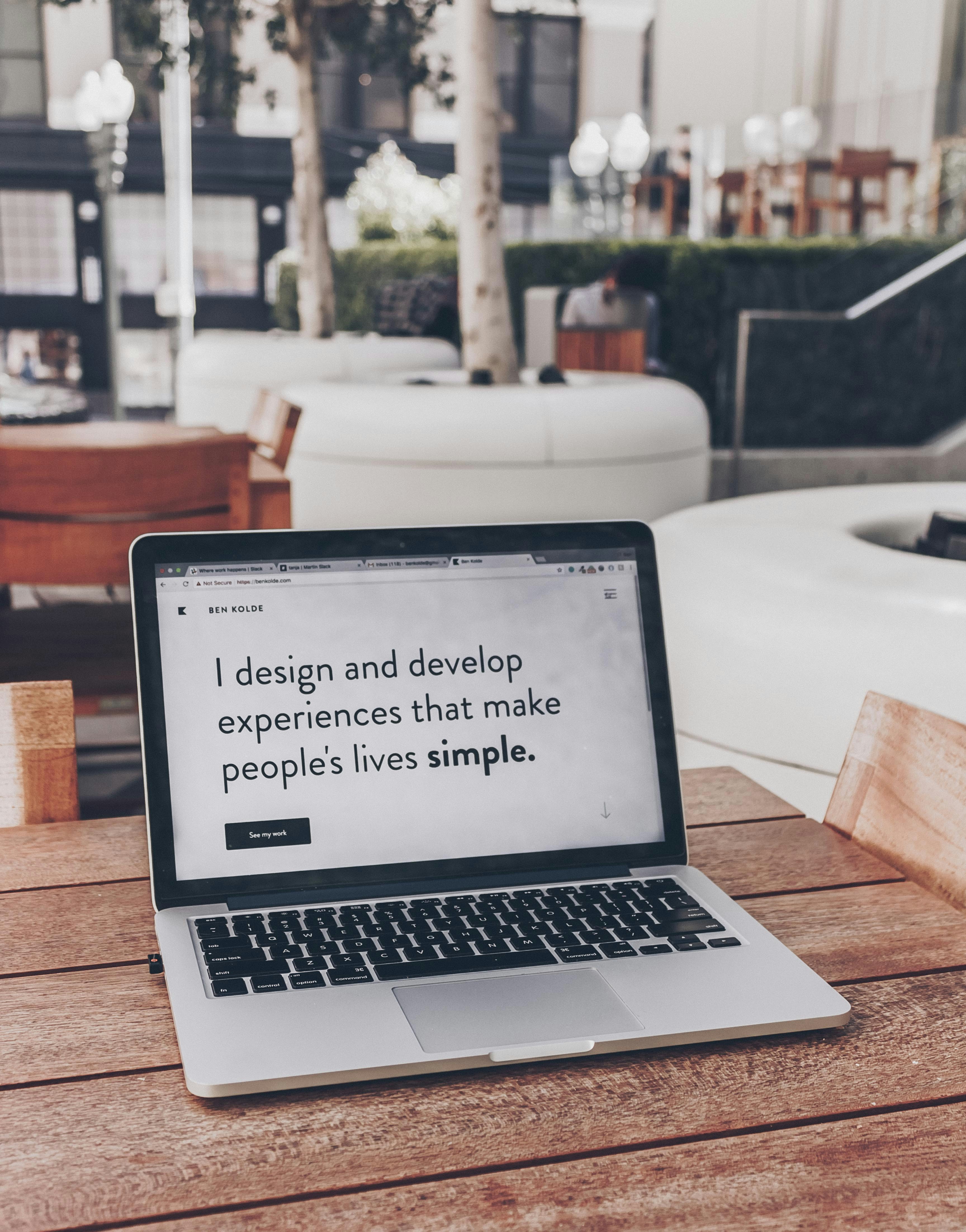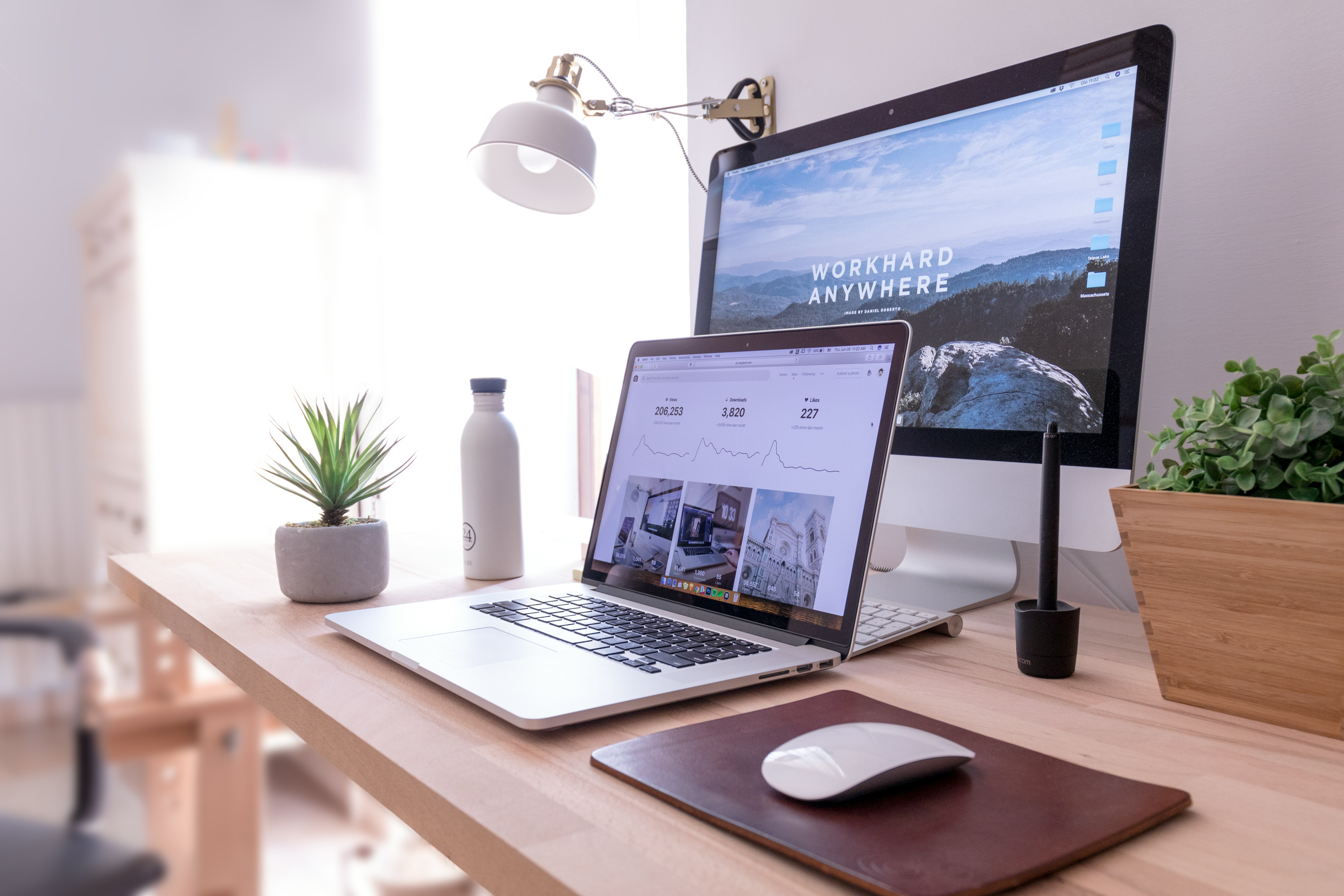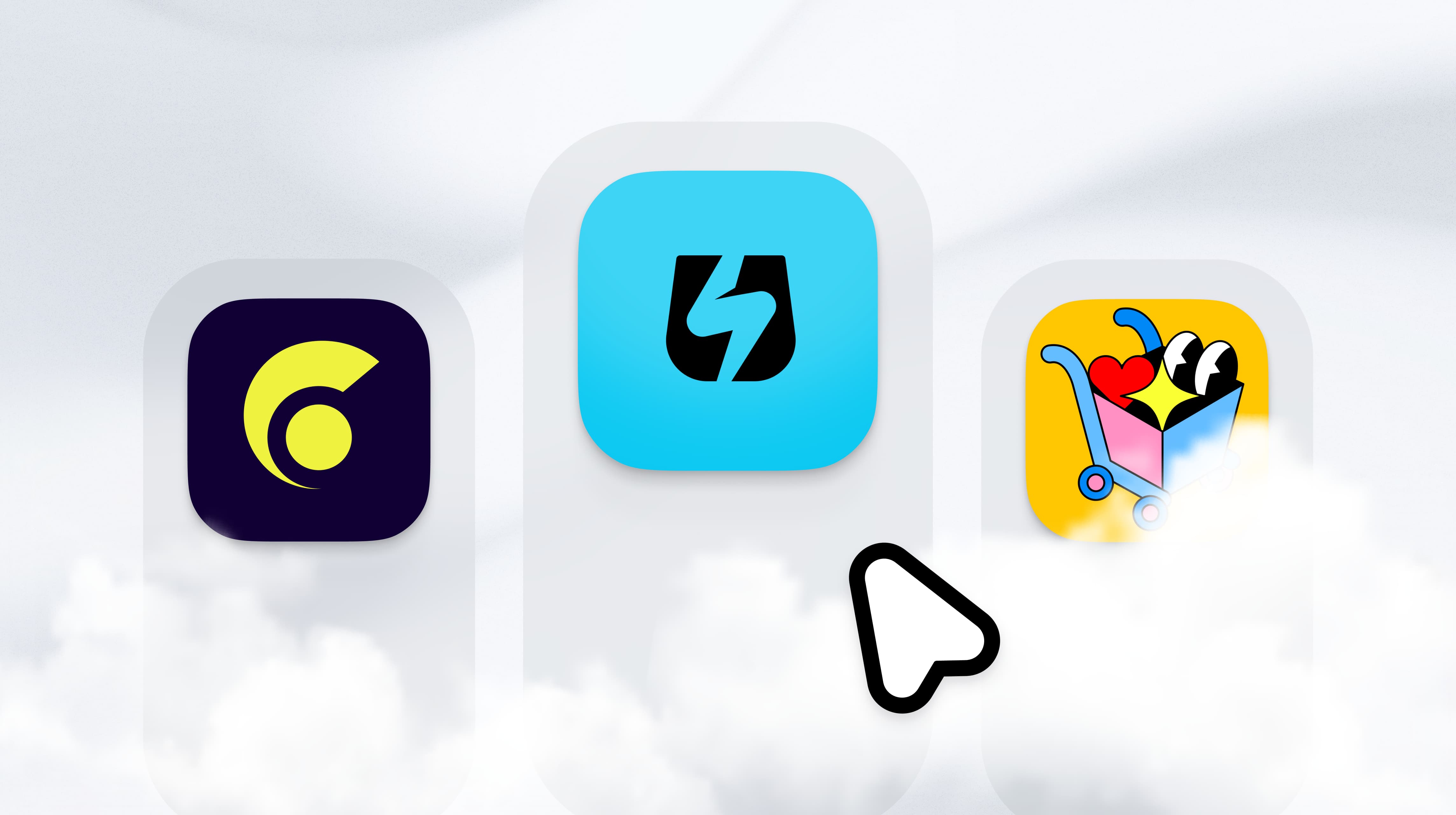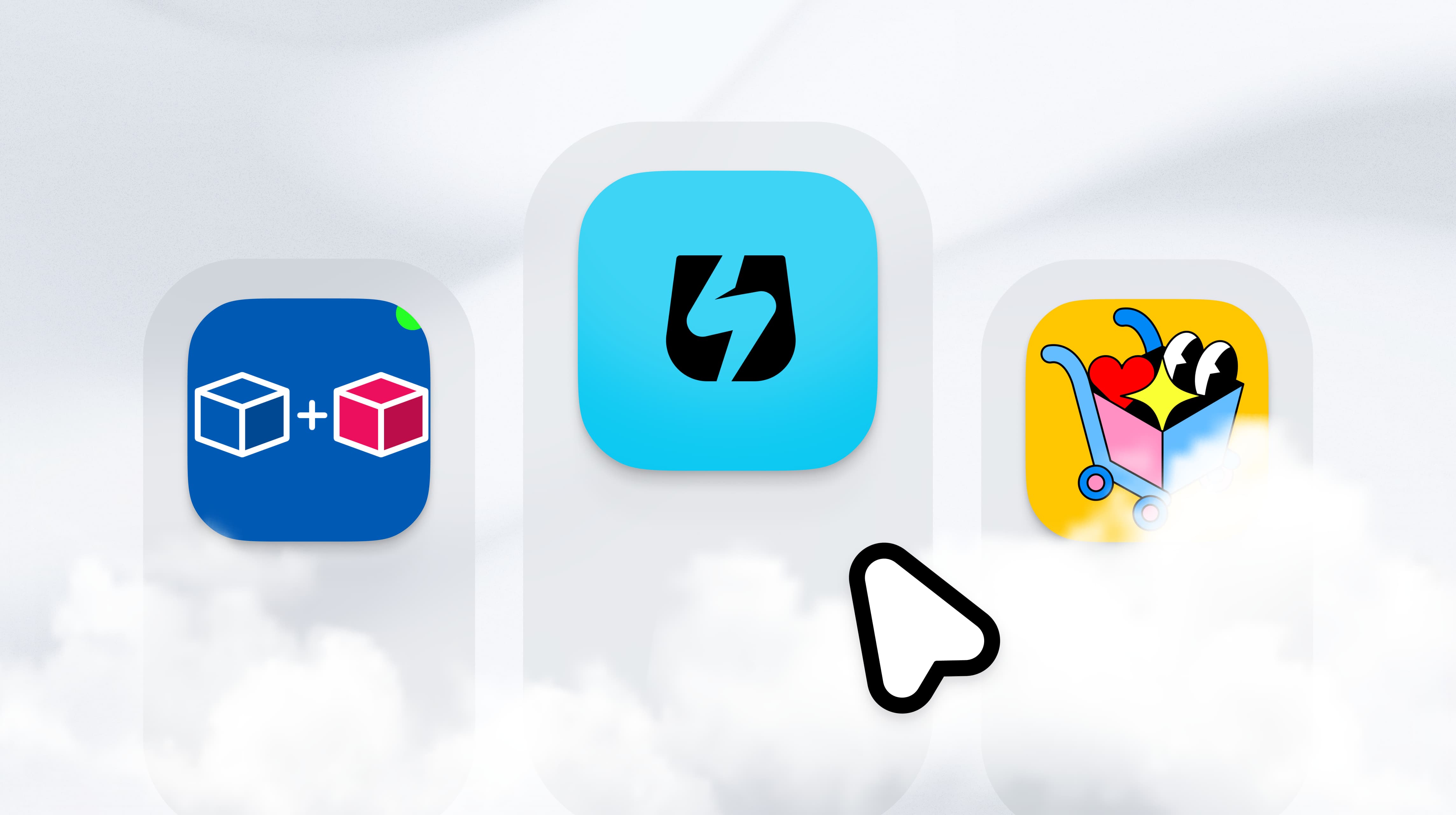How to create a custom Shopify design in 12 simple steps
Instant Team
How to create a custom Shopify design in 12 simple steps
Setting up a Shopify store can feel like an endless checklist. You’ve got the products, the branding, and the logistics. But then you hit a wall: your store needs to stand out. This is where custom Shopify store design comes in. It’s not just about the looks; it’s about creating an experience that captures your brand and engages customers. Custom design makes your store memorable, whether it’s a sleek modern vibe or something more quirky. This article will guide you through the essentials of custom Shopify design so you can build a store that’s unmistakably yours.
Instant offers a Shopify product page builder to help with that. It’s a smart tool that simplifies the process and gives you creative control.
Table of Content
Does Shopify allow custom store design?

Shopify themes are your canvas. You’ve got pre-designed templates that look great and are highly adaptable. Do you want to tweak the color scheme or switch up the fonts? You can do that without touching a line of code. Just dive into the theme settings and adjust it to match your brand. This makes it easy for anyone to create a unique store.
Get hands-on: Drag-and-drop freedom with online store 2.0
Shopify’s Online Store 2.0 themes have a drag-and-drop editor for those who want to get more involved. Move sections around like pieces on a board, add or remove blocks, and rearrange page elements. No technical skills required. This editor offers the flexibility to easily design specific landing pages, product pages, and even the homepage.
Sky’s the limit: Custom code for the pros
Shopify lets you dive into custom coding if you're looking for total control. Modify your theme’s HTML, CSS, and Liquid code for deep customization. This is perfect if you have a developer on hand and want to create something truly unique. You can adjust virtually every element to fit your vision.
Go beyond: Enhance with page builder apps
Want even more creativity? Integrate page builder apps like Instant into your Shopify store. These apps provide drag-and-drop capabilities, letting you design custom pages that surpass the limitations of your theme. Whether you need a special layout or unique features, these tools expand what’s possible.
With Shopify, whether you’re a beginner or a seasoned pro, you can create a store that’s as unique as your brand.
5 Available options to arrive at a custom Shopify design

1. Mastering the Shopify editor
The Shopify Editor is a game-changer for those new to eCommerce design. This built-in tool offers a drag-and-drop interface, letting you easily rearrange content. No coding knowledge? No problem. You can:
Add sections
Tweak pages
Make your store look polished without technical hassle
It's perfect for beginners aiming to make quick design changes.
2. Tweaking theme settings for a unified look
Your Shopify theme isn’t just a pretty face; it’s packed with settings that let you adjust fonts, colors, and layouts. This is crucial for maintaining your brand’s identity. Whether you're toning down the color palette or switching up the typography, these settings offer a way to customize your store while keeping things cohesive. You don’t need to touch the code, making it an accessible option for most store owners.
3. Going deep with custom code
Got coding chops? Dive into HTML, CSS, JavaScript, or Liquid to customize your store. This option gives you unparalleled flexibility. Want a feature that’s not standard? Need a layout that’s out-of-the-box? Custom coding allows you to create a tailor-made experience for your customers. This is the route for businesses needing specific functionalities or wanting a unique look.
4. Unleashing potential with page builders
Page builders like Instant take customization to another level. They offer drag-and-drop functionality but come with added flexibility and more features than the Shopify editor. Create pages with sliders, videos, and product grids—all without touching a line of code. The possibilities are endless.
You can design landing pages, FAQ sections, product pages, and more while ensuring they look great on any device. This method is for store owners who want to break free from limitations but aren't ready to code from scratch.
Elevate Your Shopify store with Instant
Instant is a user-friendly Shopify product page builder that allows eCommerce teams and agencies to create fully customizable and advanced pages without any coding knowledge. With its intuitive drag-and-drop interface, users can quickly design and publish high-converting landing pages, blog posts, product pages, and sections, all while maintaining complete control over their store's design. Try Instant's Shopify product page builder today!
How to create a custom Shopify design in 12 simple steps

Before you start customizing, get to know the Shopify themes. Think of them as the blueprint for your store's design and structure. They shape everything, from how your products are displayed to the fonts and colors that set the mood. Shopify offers a range of free and paid themes. Each is designed with specific industries in mind, whether you're in:
Fashion
Tech
Food
Consider your target audience. What design will resonate with them? If you're selling art, maybe go for something clean and minimalist. For a food brand, an image-heavy layout could work best. Look at themes that allow tweaking:
Colors
Fonts
Layouts
Choosing the perfect theme
After understanding the various themes, pick one that fits your brand. Weigh several factors. Does it align with your brand identity and audience? Is it mobile-responsive? Most importantly, does it offer enough customization options to suit your brand? Also, check if it supports the apps you'll use, like those for email marketing or inventory management. Once you've chosen, preview it. Make sure it offers smooth navigation and an intuitive experience.
Exploring customization options
Shopify’s theme editor is your best friend here. It's user-friendly and requires no coding skills, which is great if you're not tech-savvy. You can change your site's color scheme, customize fonts, adjust layouts, and update specific sections like the header and footer. This phase is crucial for creating a unique store look.
Diving into customization
Before diving in, back up your theme to avoid losing work. Shopify makes this easy by letting you duplicate your theme. Once backed up, start customizing. Tailor colors, fonts, and layouts to reflect your brand. Experiment with different combinations and don't rush this process. Spend time fine-tuning your design.
Learning Liquid markup for advanced customization
Shopify’s theme editor is powerful, but learn Liquid markup if you want more control. It’s Shopify’s template language and allows for advanced customizations. With Liquid, you can modify product page layouts, create custom sections, and display dynamic content. This knowledge gives you more flexibility in your store's design.
Perfecting colors and typography
Colors and fonts majorly impact the impression of your Shopify store. In the theme editor, match your store's colors to your brand. Consider color psychology, as different hues can influence visitor behavior. Choose readable fonts for headings and body text. They should be compatible across devices and browsers for a seamless experience.
Crafting effective navigation menus
Your navigation menu guides visitors around your store. Poorly designed menus frustrate users and increase bounce rates. In the theme editor, add and remove menu items. Keep them simple and avoid clutter. Create dropdown menus for multiple product categories. This makes your store user-friendly and improves the shopping experience.
Customizing the header and footer
Your store’s header and footer are prime spaces for displaying vital information. Customize the header to include your logo and a search bar. For the footer, display links to legal pages, social media icons, and contact information. This gives your store a professional and cohesive look.
Modifying the layout and structure
Shopify themes have predefined layouts, but sometimes, you'll want to adjust the structure. Access the theme’s code to rearrange sections and add or remove elements. You can also customize templates for product pages and blog posts. This step offers ultimate flexibility, but always back up before making significant code changes.
Enhancing sections in your theme
Shopify’s theme editor lets you work with sections. These customizable blocks of content can be rearranged to create dynamic pages. Add new sections like featured products or testimonials. Customize existing sections to reflect your store’s offerings. This flexibility allows for a custom layout that effectively showcases your brand.
Optimizing for mobile responsiveness
Ensure your store is fully optimized for mobile. Test its responsiveness using Shopify’s built-in preview tools. Make sure navigation is easy on mobile. Streamline content for concise, easy-to-read mobile pages. Mobile optimization improves user experience and can positively impact SEO rankings.
Testing and optimizing your design
After customizing your store, test everything to ensure it works. Conduct cross-browser testing and check performance on mobile, tablet, and desktop. Navigate through all pages to ensure functionality. Optimize loading times, as slow pages can lead to higher bounce rates and affect SEO. Testing ensures a smooth experience for customers.
How to create a custom Shopify design using page builders

Page builders are game-changers for Shopify customization. They let you tweak your store without needing technical skills. Apps like Instant provide an intuitive interface for easy page modifications. First, install a page builder app from the Shopify App Store to create and edit custom pages using a drag-and-drop approach.
Master the page builder interface
Once you choose a page builder, you’ll find a user-friendly dashboard. Here, you can view and edit sections of your store. Using the builder's options, you can move between pages like:
Homepage
Product pages
Collection pages
This flexibility ensures your design looks great on all devices.
Customize your page layouts with ease
Page builders let you craft custom layouts by adding sections and blocks. You can insert elements like images, text, buttons, and product lists into your design. To add new sections, select the “add section” option and choose from the content types available. This feature lets you experiment with different designs to see what best fits your brand.
Fine-tune your design elements
Take control over design elements such as:
Colors
Fonts
Spacing
Customize these to match your brand identity. Adjusting these details can greatly improve your site’s aesthetic and user experience.
Use templates to jumpstart design
Many page builders, including Instant, come with pre-designed templates. These templates serve as great starting points for your custom pages. Choose one that fits your needs and modify it to suit your preferences. This is especially useful for quickly creating landing pages or promotional content. You can also create your own templates for a personalized look.
Preview changes before going live
Before publishing changes, use the preview function to see how your edits appear on both desktop and mobile. This step ensures your site looks appealing and functions well across platforms.
Publish your pages with confidence
Once you are satisfied with your page design and layout, you can save or publish them directly through the page builder. Instant offers options for conducting A/B testing to optimize performance. Page builders make Shopify customization accessible to everyone. Whether you are a beginner or an expert, they let you bring your creative vision to life without coding.
6 Best practices for creating a custom Shopify design

1. Simplicity wins the day
Simplicity is your ally in Shopify store design. Few widgets and features can overwhelm visitors. Do this new feature enhance user experience or support conversion goals? If not, reconsider its inclusion. A clean, uncluttered design will always perform better than a chaotic one.
2. Mobile users rule the web
With more than half of web traffic coming from mobile devices, your Shopify store must look great on smartphones and tablets. Google's mobile-friendly test can help you assess your site’s performance and offer suggestions for improvement. If you need a mobile-first theme, check out options like Electro, which is known for its stellar scores on mobile devices.
3. Information hierarchy: The silent salesman
How you arrange content on your pages affects conversion rates. A clear information hierarchy helps visitors easily navigate your site, increasing engagement and sales. Ensure your most important content is front and center.
4. Accent colors: More than just a pretty face
Accent colors aren’t just for breaking up white space. Use them strategically to highlight essential areas like the checkout section. By guiding the user’s eye to key actions, you encourage them to complete essential tasks.
5. Calls to action: Demand attention
Each page of your Shopify store should have a clear purpose and corresponding call to action (CTA). Ensure your CTAs stand out by using high-contrast colors and appealing button designs. This captures visitors’ attention and encourages them to act.
6. SEO optimization: Your secret weapon
Optimize your pages for SEO to ensure they appear in relevant search results. Conduct keyword research and strategically place those keywords in:
URLs
Product titles
Meta descriptions
Product copy
Optimizing headings, image alt tags, and using structured data will improve your page’s discoverability and ranking on search engines.
More custom Shopify design ideas:
Interactive Elements
Organize content efficiently using accordion elements to reduce page clutter.
Create better information architecture with tabs elements for product details and specifications.
Showcase your products beautifully with customizable image galleries.
Add visual interest to your store with custom tickers for announcements and promotions.
Enable customers to filter and refine options using multi-select functionality.
Styling & Visual Design
Ensure your text looks perfect on all devices with responsive text styles.
Add depth and sophistication to your designs using gradient effects.
Maintain visual consistency across your site with proper aspect ratio controls.
Optimize your site's performance without sacrificing quality using image quality controls.
Create sticky headers and floating CTAs with position fixed layouts.
Navigation & Links
Connect your pages intelligently with dynamic links that update based on context.
Streamline your workflow with remix links to quickly duplicate and modify elements.
Improve site navigation by building a custom Shopify navigation menu.
Enhance visual communication by adding icons to Shopify pages.
Optimize your Shopify store for conversions with Instant's Shopify product page builder
Ever wish you could design your Shopify store without getting tangled in code? Instant is the game-changer for eCommerce teams and agencies. This intuitive tool lets you craft fully customizable product pages with ease. With its drag-and-drop interface, you can quickly build high-converting landing pages, blog posts, and sections.
You maintain complete control over your store's design. Integration with Figma and other eCommerce tools is absolutely seamless. Give Instant a try and see how it can transform your Shopify experience.
Additional resources: Shopify Customization & Development
More stories
Shopify
·
Feb 6, 2026
Shopify
·
Feb 6, 2026
Shopify
·
Feb 5, 2026






